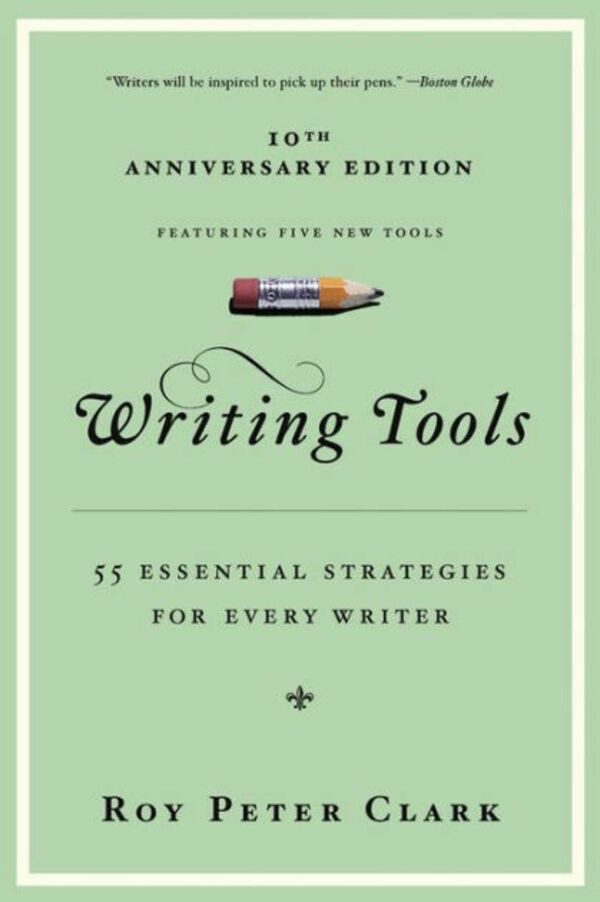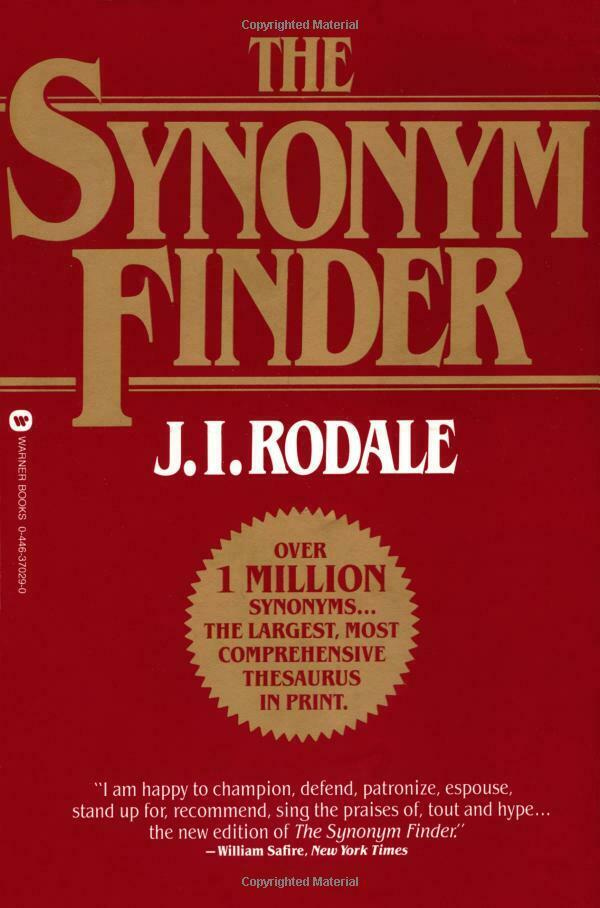What Color Is Your Parachute?
How to get a job
Still the best job-hunting guide and advice there is. Get the current year’s edition. This is a fantastic tool useful to almost everyone. The first edition appeared 40 years ago, but author Richard Bolles has updated his advice every year (!!!) since then, improving it, keeping it relevant to technology and the economy, and refining his message of matching you and your work. It is now a better career counselor than ever.
Everyone should read this book in high school long before you apply for a job. You should study it anytime you are looking for work or changing careers, and you should browse it every now and then even if you have a job. It’s so darn useful because it is about more than just “finding a job.” In recent editions, Bolle emphasizes that “making your own job” may be the way to for some. There are a lot of other good sources about finding your passions, or writing resumes, or conducting an interview, but none put them together as well as this classic still does. I’ve used Boole’s wisdom and insights myself (always been happily employed) and with my kids (ditto), and with relatives (ditto again). It’s worth your time.
06/7/12Excerpt
One way to bring values to your consciousness is to imagine that shortly before the end of your life you are invited to dinner--and to your great surprise people have secretly come in from all over the country and all over the world, to attend a surprise testimonial dinner for you.
At the dinner, to your great embarrassment, there is one testimonial after another about the good things you did, or the good person you were, in your lifetime. No mention of any parts of your life that you don't want to have remembered. Just the good stuff.
So, this brings us to some questions. If you get the life you really want between now and then, what would you hope you would hear at that dinner, as they looked back on your life?
*
You ask that question again and again of everyone you know, or meet, until you find someone who says, "Yes, I do." Then you ask them:
"What is the name of the person you know who works, or used to work, at Mythical Corporation? Do you have their phone number and/or address?
"Would you be willing to call ahead, to tell them who I am?"
You then either phone them yourself or make an appointment to go see them ("I won't need more than twenty minutes of your time."). Once you are talking to them, after the usual polite chit-chat, you ask them the question you are dying to know. Because they are inside the organization that interests you, they are usually able to give you the exact answer to the question that has been puzzling you: "Who would have the power to hire me at Mythical Corporation, for this kind of position (which you then describe)?" If they answer that they do not know, ask if they know who might know. If it turns out that they do know, then, you ask them not only for that hiring person's name, address, phone, and e-mail address, but also what they can tell you about that person's job, that person's interests, and their style of interviewing.
*
It works because everyone has friends, including this person-who-has-the-power-to-hire-you. You are simply approaching them through their friends. And you are doing this, not wimpishly, as one who is coming to ask a favor. You are doing it helpfully, as one who is asking to help rescue them.
Rescue? Yes, rescue! I cannot tell you the number of employers I have known over the years who can't figure out how to find the right employee. It is absolutely mind-boggling, particularly in these hard times when job-hunters would seem to be gathered on every street corner.
You're having trouble finding the employer. The employer is having trouble finding you. What a great country!
So, if you now present yourself direction to the person-who-has-the-power-to-hire-you, you are not only answering your own prayers. You are hopefully answering the employer's as well.
*
Fourth Interview Tip
You don't have to spend hours memorizing a lot of "good answers" to potential questions from the employer; there are only five questions that matter.
What do you know about this company?
Tell me about yourself.
Why are you applying for this job?
How would you describe yourself?
What are your major strengths?
*
When To Discuss Salary
Not until the following conditions have been fulfilled--
Not until they've gotten to know you, at your best, so they can see how you stand out above the other applicants.
Not until you've gotten to know them, as completely as you can, so you can tell when they're being firm, or when they're flexible.
Not until you've out exactly what the job entails.
Not until they've had a chance to find out how well you match the job-requirements.
Not until you're in the final interview at that place, for that job.
Not until you've decided, "I'd really like to work here."
Not until they've said, "We want you."
Not until they've said, "We've got have you"
--should you get into salary discussions with this employer.
*

What Color Is Your Parachute? 2012: A Practical Manual for Job-Hunters and Career-Changers Richard Nelson Bolles 2012, 384 pages $13









